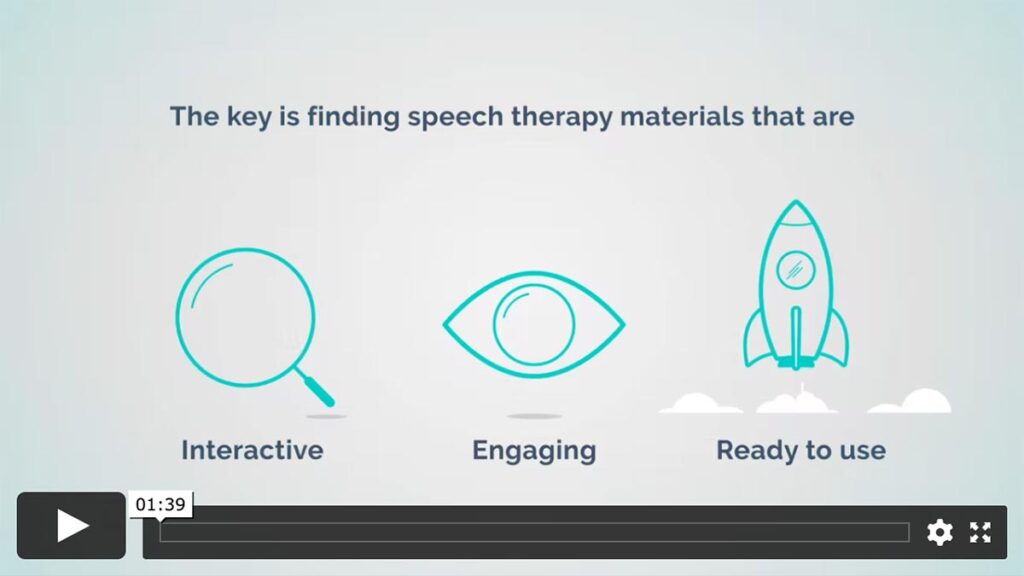Today’s episode is all about the scary meeting survival guide, I’ll be sharing some of my favorite tips for surviving scary meetings. Meetings can be especially tricky, because they’re so time-consuming, and often we don’t control the scheduling. Meetings are also challenging for those of us who are introverts or struggle with anxiety. There are also some meetings that are just rough, no matter how confident or extroverted we are. Those are the types of meetings we’ll be talking about today. We can’t always change the meetings, but we can change our experience of them.
Meetings, especially the dreaded ones, are an inescapable part of the Speech-Language Pathologist (SLP) life. The moment the phrase “scary meeting” is uttered, a collective shudder runs down the spine of many. Despite the love for therapy, SLPs often find themselves overwhelmed with paperwork and anxiety-ridden meetings, especially those who are introverted or grappling with anxiety. However, the essence lies in not trying to change the meetings but altering our perception and experience of them.
One of the biggest adversaries before a scary meeting isn’t necessarily the meeting itself, but the anxiety preceding it. The brain often races, projecting worst-case scenarios. Thus, preparing before the meeting is crucial. This entails developing emotional intelligence, a term popularized by Daniel Goleman in 1995. Emotional intelligence is comprised of four major components: self-awareness, self-management, social awareness, and relationship management. Developing these skills aids in recognizing and managing our emotions, as well as the emotions of others, ensuring that the Scary Meeting Survival Guide is efficiently applied.
However, the foundation of any successful meeting lies in preparation. Avoiding the cycle of defensiveness, imposter syndrome, and perfectionism can be achieved by grounding oneself in well-researched facts and past data, thus preventing any aggressive confrontations during high-tension meetings.
But what about strategies during the actual meetings? Here the concept of “amygdala hijack” comes into play. Essentially, it refers to intense emotional reactions disproportionate to the situation, sidelining rational thinking. Recognizing the symptoms of an “amygdala hijack” during a meeting can help regain control. Simple grounding techniques, like tapping fingers, deep breathing, or even focusing on physical sensations, can help regain focus. Moreover, employing empathy during meetings can shift perspectives, allowing one to find common ground even with challenging individuals.
Lastly, post-meeting, it’s essential to address the residual stress. Drawing inspiration from Emily and Amelia Nagoski’s book, “Burnout: The Secret to Unlocking the Stress Cycle,” it’s crucial to differentiate between the end of a stressor and the end of stress. Engaging in physical activity, seeking positive social interactions, indulging in laughter or creative tasks, and ultimately immersing oneself in enjoyable activities can help dissipate residual stress, a crucial component of the Scary Meeting Survival Guide.
In essence, scary meetings might be daunting, but with the right strategies, they are not insurmountable. Every SLP can navigate them efficiently, fostering a supportive community. Remember, you’re not alone in this journey.
Want to stay in the loop for new speech therapy ideas and inspirations? I have put together a free Digital SLP podcast to share insight and tips on implementing your speech therapy sessions. If you are looking for fun and interactive speech therapy materials that students and SLPs both will love, check out what the Digital SLP® membership site has to offer, or sign up for our free trial now. Alternatively, check out our TpT store.
References and resources:
- All About Amygdala Hijack
- Burnout: The Secret to Unlocking the Stress Cycle
- Daniel Goleman
- Emotional Intelligence Quiz
- How Achieving Emotional Agility Can Help You – at Work and in Life
- How to Control Your Emotions During a Difficult Conversation
- How to Deal With a Jerk Without Being a Jerk
- Insight Quiz from Dr. Tasha Eurich
- Insight: The Surprising Truth About How Others See Us, How We See Ourselves, and Why the Answers Matter More Than We Think
- Why Emotional Intelligence is Important in Leadership













Recent Comments